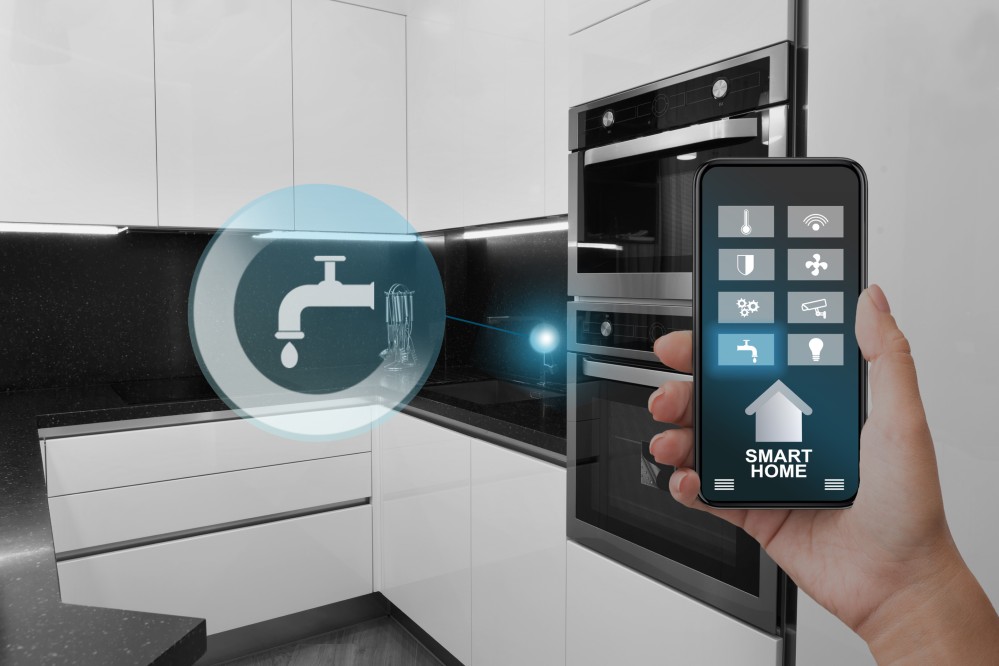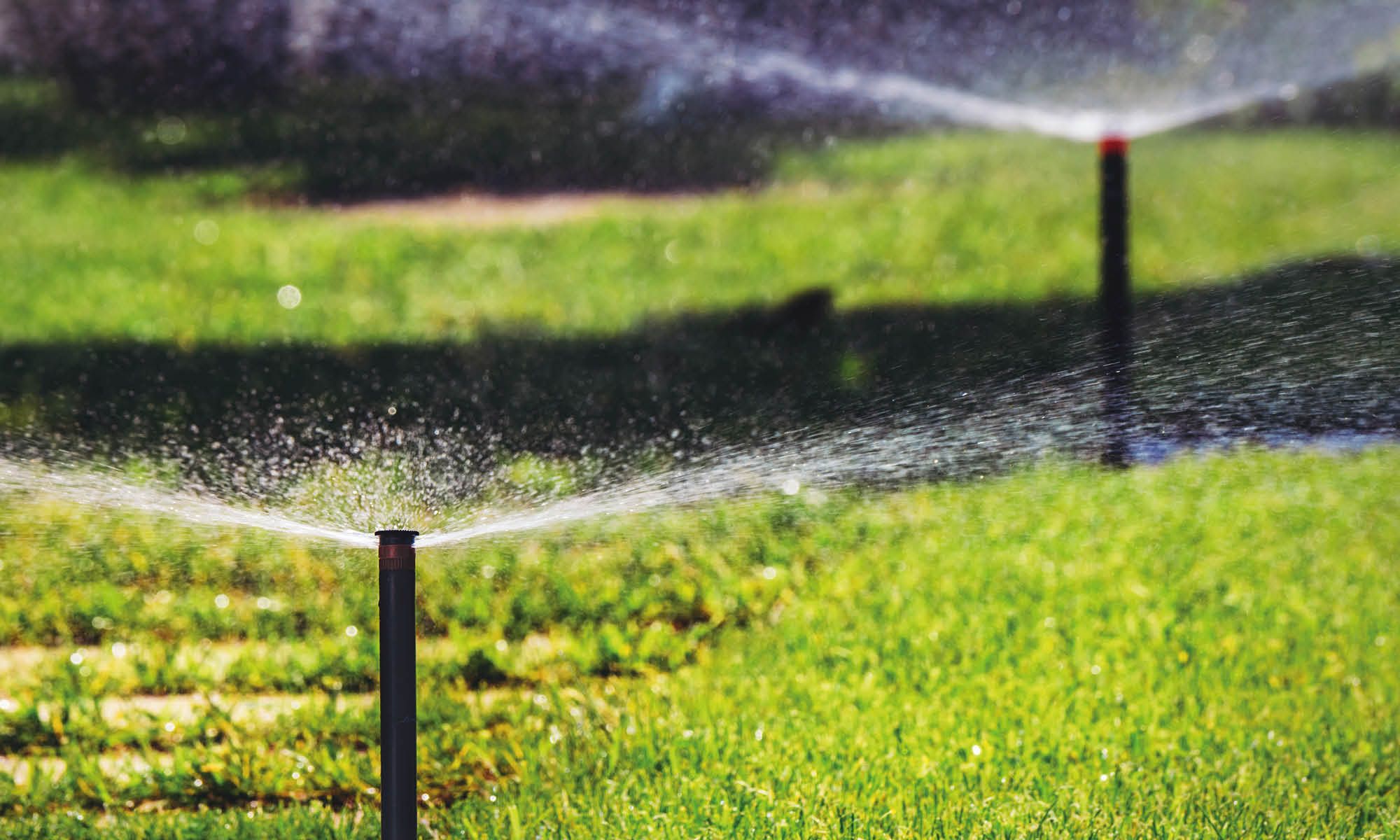
Smart Water Leak Sensors: Essential Insights for Tech Pros
Share
In the rapidly evolving landscape of technology, smart water leak sensors have emerged as a pivotal innovation, especially for tech professionals and enthusiasts keen on leveraging IoT for home and industrial automation. These devices are not just about alerting you to potential water leaks; they represent a proactive approach to water management, an asset in a world where resource conservation is becoming increasingly crucial.
As homes and businesses become smarter, integrating smart water leak sensors into existing systems can significantly mitigate water damage risks and ensure efficient water usage. This discussion aims to delve into the intricacies of these sensors, highlighting their importance, functionality, and the future they herald in the domain of smart homes and sustainability.

Why Choose Smart Water Leak Sensors?
The appeal of smart water leak sensors lies in their ability to provide real-time monitoring and alerts. For tech professionals, these sensors offer an intersection of convenience and cutting-edge technology. By integrating with home automation systems, they not only detect leaks but also provide data analytics to predict future issues. This predictive capacity is crucial for reducing water wastage and preventing potential water damage in both residential and commercial settings.
Moreover, in regions prone to water shortages, these sensors play a vital role in promoting water conservation. By detecting leaks early, they prevent the loss of substantial volumes of water, aligning with broader environmental goals. The integration of such technology into daily life exemplifies how the IoT can be harnessed for sustainable livinga theme explored in our article on water recycling at home.
How Do Smart Water Leak Sensors Work?
The operation of smart water leak sensors is based on a combination of advanced technology and simplicity. These devices typically consist of a sensor placed in potential leak-prone areas, such as under sinks, behind toilets, or near water heaters. When a leak is detected, the sensor sends an alert to a connected device, often a smartphone, via Wi-Fi or Bluetooth.
The alert system is where the true intelligence of these sensors shines. Many models offer integration with broader home automation systems, allowing for immediate actionsuch as shutting off the water supplyto prevent damage. This functionality is particularly beneficial for property managers and tech-savvy homeowners who may be monitoring multiple properties remotely.
Exploring the technical aspects further, some sensors are equipped with machine learning algorithms that analyze water flow patterns. This enables them to distinguish between normal water usage and potential leaks, thus minimizing false alarmsa critical feature for maintaining trust in smart technologies.
Benefits of Implementing Smart Water Leak Sensors
The benefits of implementing smart water leak sensors are manifold, particularly for those invested in smart home ecosystems. Firstly, they offer peace of mind. Knowing that your home or business is being monitored 24/7 for leaks eliminates the anxiety of unexpected water damage.
Financially, these sensors can lead to significant savings. By preventing leaks, they reduce water bills and avoid costs associated with repairing water damage. This economic advantage is compounded by the potential increase in property value for tech-enhanced homes.
On an environmental level, smart water leak sensors contribute to water conservation efforts. In our article on the benefits of rainwater harvesting, we discuss how technology can aid in managing natural resources sustainably. Similarly, these sensors help ensure that watera precious resourceis used judiciously.
Choosing the Right Sensor for Your Needs
With a myriad of options available, selecting the right smart water leak sensor can be daunting. Key considerations include the size of the area being monitored, the type of alerts required, and integration capabilities with existing smart home systems.
Tech professionals should also consider the sensor's sensitivity and its power source. Battery-operated sensors offer flexibility in placement but require regular maintenance. Conversely, wired sensors might offer more reliability but can be more complex to install.
For enhanced functionality, consider sensors that offer additional features such as humidity detection or integration with water shut-off valves. These upgrades can provide a more comprehensive water management solution, making them ideal for larger properties or commercial installations.

The Future of Smart Water Leak Sensors
The future of smart water leak sensors is promising, driven by advancements in IoT and AI. As these technologies become more sophisticated, we can expect sensors to offer even greater accuracy and integration capabilities. The development of smart cities will further amplify the demand for such innovations, as urban planners seek efficient solutions for resource management.
Moreover, as awareness of environmental issues grows, consumer demand for sustainable living solutions will likely increase. This trend is reflected in our discussions on drip irrigation systemsanother area where technology meets sustainability.
Ultimately, smart water leak sensors symbolize a broader shift towards proactive, tech-driven approaches to everyday challenges. For tech enthusiasts and professionals, they represent an exciting frontier in the ongoing quest to harness technology for a better, more sustainable world.
FAQ
Q1. Can smart water leak sensors integrate with other smart home devices?
A1. Yes, most modern smart water leak sensors can integrate with other smart home devices, allowing for coordinated responses to potential leaks.
Q2. Are smart water leak sensors difficult to install?
A2. Installation varies by model, but many are designed for easy installation, making them accessible even for those with limited technical expertise.
Q3. How do smart water leak sensors contribute to water conservation?
A3. By detecting leaks early, these sensors prevent water wastage, contributing to broader water conservation efforts. For more tips on saving water, visit the EPA's WaterSense page.
